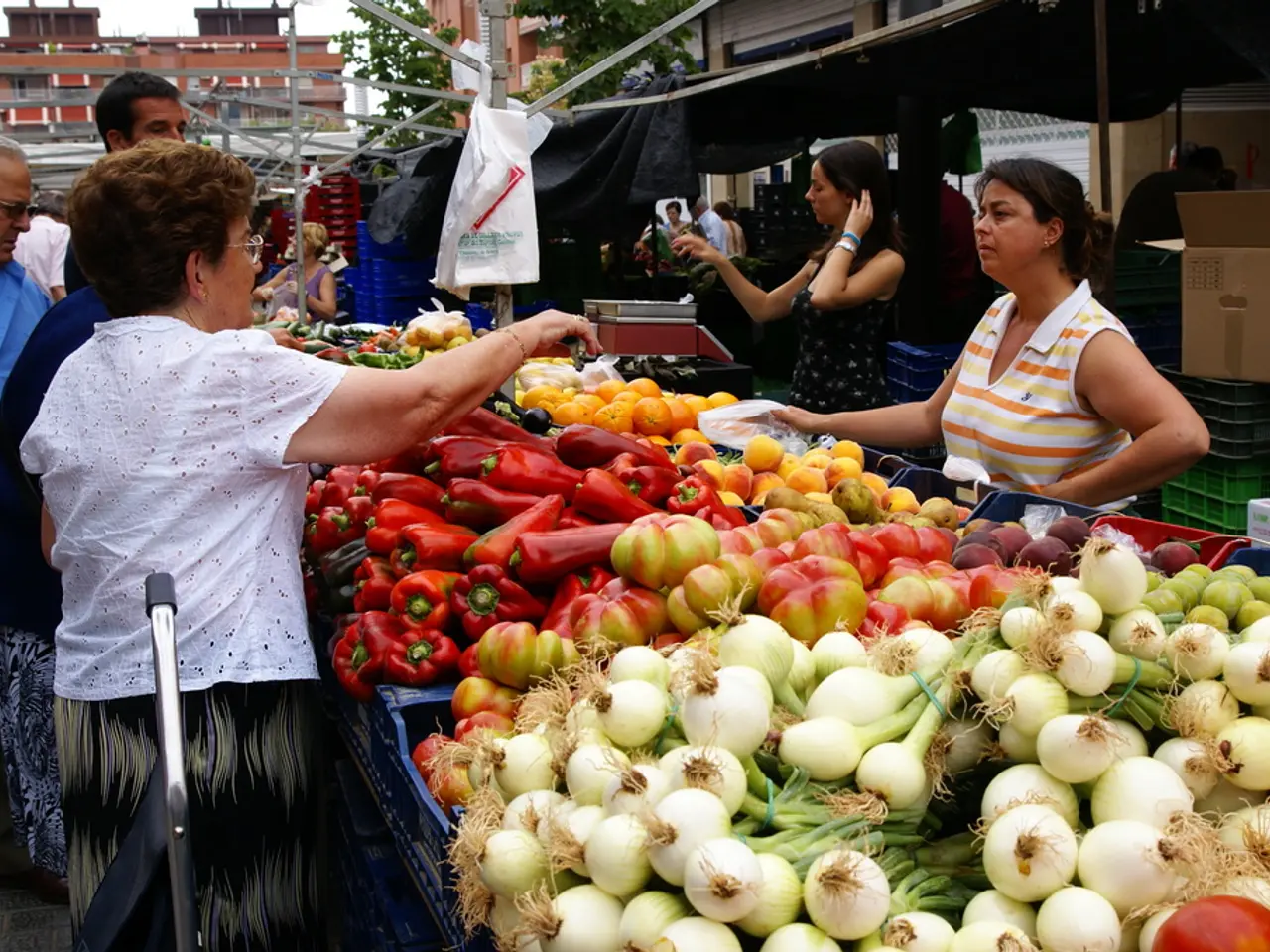India hindered the global plastic treaty's ratification
In August 2025, the United Nations Global Plastics Treaty negotiations took place in Geneva, aiming to address the growing crisis of plastic pollution. However, the event ended in a stalemate, with the inability of the 180 participating countries to agree on imposing limits on the production of new plastics being the main stumbling block.
At the heart of the disagreement was the Like Minded Countries (LMC) bloc, consisting of petrochemical producers such as Saudi Arabia, Iran, Kuwait, Bahrain, China, and Cuba. The LMC rejected restrictions on plastic production, with India siding with them.
This decision, however, may carry significant trade risks for India and other countries in the Global South. The High Ambition Coalition (HAC) argued that production caps are essential to avert worsening ecological and public health risks. Opposing limits on plastic production could potentially leave countries vulnerable to economic isolation.
Research on the decolonization of environmentalism offers a useful lens for addressing the plastic issue. India's own record with development, when viewed through this lens, reveals a history that is far more conflicted than celebratory. Communities living near landfills and incineration sites, often poor, Dalit, or Adivasi, bear disproportionate health costs.
By siding with petrochemical exporters and resisting production caps, countries may secure short-term industrial gains but expose themselves to punitive trade measures. For instance, the draft placed before the countries in Geneva proposed stronger measures for waste management, better recycling systems, and tightened controls on hazardous additives.
Industrial zones such as Dahej in Gujarat, Paradeep in Odisha, and Kochi in Kerala have driven rapid increases in plastic and chemical output. These areas have been linked to polluted waters, stressed ecosystems, and declining fish catches. Marine ecosystems are suffocating under the weight of plastic debris.
The negotiations were part of a process initiated by the 2022 United Nations Environment Assembly Resolution. The Indian government, represented at the 2025 negotiations in Geneva on the Global Plastics Treaty, opposed stricter limits on the production of primary virgin plastics mainly to avoid slowing its economic growth. This stance may turn out to be more damaging than beneficial in the long run.
As the world grapples with the plastic pollution crisis, it is crucial for countries to consider the long-term environmental and health impacts of their decisions. The stalemate at Geneva is a symptom of deeper global rifts, highlighting the need for a more collaborative and equitable approach to addressing this pressing issue.
Read also:
- Nightly sweat episodes linked to GERD: Crucial insights explained
- Antitussives: List of Examples, Functions, Adverse Reactions, and Additional Details
- Asthma Diagnosis: Exploring FeNO Tests and Related Treatments
- Unfortunate Financial Disarray for a Family from California After an Expensive Emergency Room Visit with Their Burned Infant








